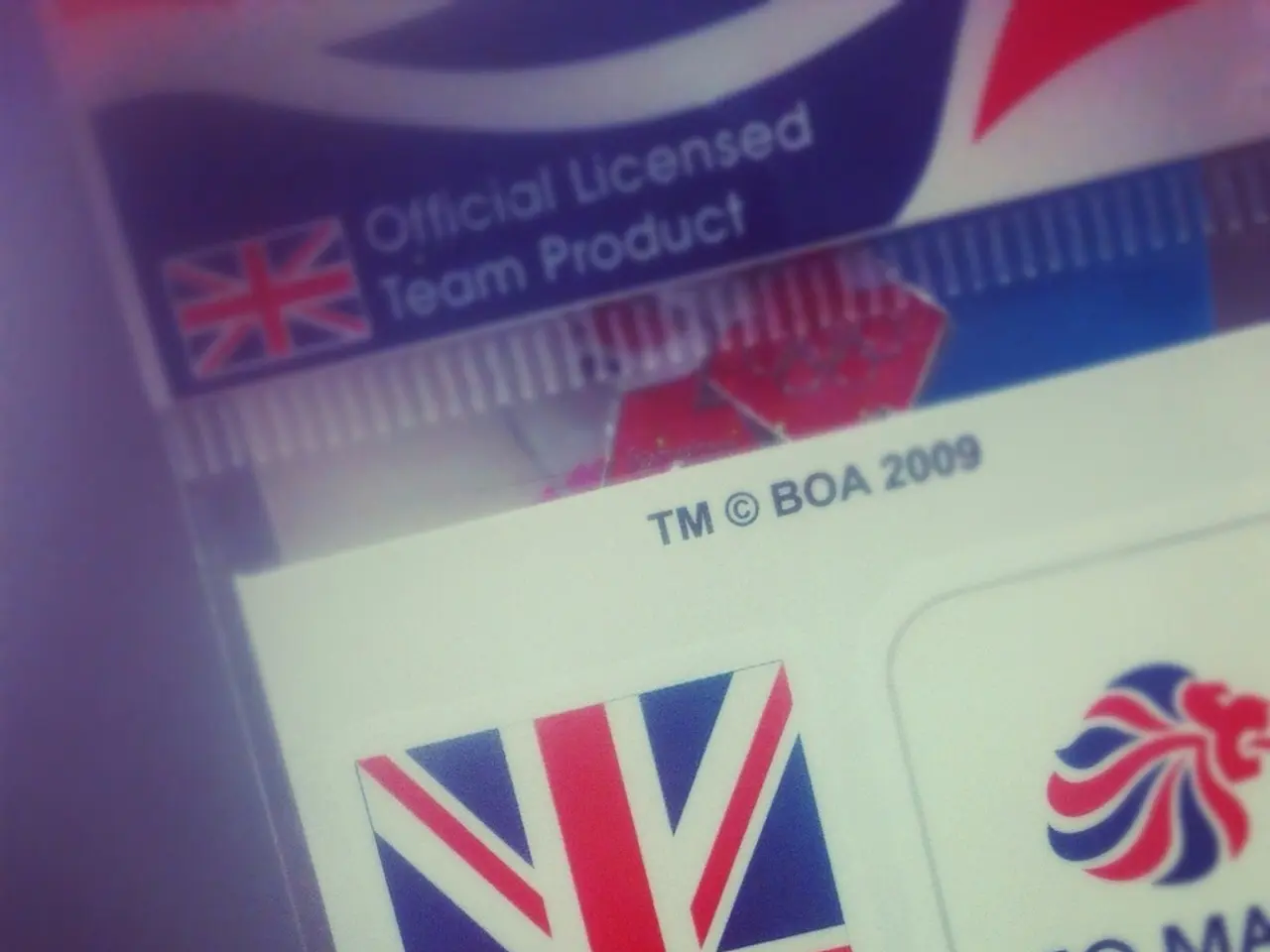Forex Brokers Adjusting to Tightened Anti-Money Laundering Rules in St. Vincent and the Grenadines
St. Vincent and the Grenadines (SVG) is taking steps to regulate its forex broker industry, which has long operated in a largely unregulated environment. Until recently, SVG did not have a formal forex-specific licensing regime or comprehensive Anti-Money Laundering (AML) regulations for forex brokers.
New Licensing Requirements for Forex Companies
In a move to strengthen its financial oversight, SVG is now requiring companies engaging in forex business activity to obtain a license. This applies to both Business Companies (BCs) and Limited Liability Companies (LLCs). Companies that already have a FX license are obliged to provide the Financial Services Authority (FSA) with a certified copy by March 10, 2023. Companies that do not have a FX license must obtain an adequate license in order to be incorporated or formed in the SVG, prior to applying for SVG incorporation/formation.
Companies seeking to operate in SVG must show evidence of their approved license from other jurisdictions and authorities when they submit an application to the FSA. If no license is required in a specific jurisdiction in which FOREX Activity is being undertaken, a letter issued by the regulatory/competent authority in the relevant jurisdiction can be furnished to the FSA. This letter must indicate that a license is not required by the named entity to engage in such activity in the jurisdiction.
AML Regulations in SVG
The main regulators in SVG for AML are The Financial Services Authority (FSA) and The Financial Intelligence Unit. The jurisdiction has faced international pressure to tighten AML rules, yet has not implemented stringent AML compliance requirements or capital requirements specific to forex brokers. Without formal licensing, there is generally no mandatory Know Your Customer (KYC) or AML monitoring by official authorities, though some brokers may implement voluntary or software-based systems to detect suspicious activities.
Consequences for Non-compliance
Since no formal forex license exists in SVG, no supervisory authority actively enforces AML/fraud regulations or Forex broker licensing compliance locally. However, brokers targeting clients worldwide and not adhering to AML laws expose themselves to risks of reputational damage, loss of access to banking/payment providers, and potential legal risks in the jurisdictions where their customers reside. Increasing global AML scrutiny has made SVG-registered brokers less attractive and shifted broker preference toward more regulated environments like Malta to avoid international AML compliance risks and sanctions.
Penalties for Non-compliance
A person who fails to disclose knowledge or suspicion, or report a suspicious transaction can face imprisonment for three years or a fine of $500,000, or both on summary conviction, and imprisonment for ten years or an unlimited fine, or both on conviction on indictment. Failure to adhere to the new licensing requirements for FX businesses will result in the application of sanctions against the companies in accordance with the Financial Services Authority Act. These sanctions include cancellation of a company and being struck off the Register.
In summary, St. Vincent and the Grenadines is taking steps to regulate its forex broker industry. The new licensing requirements affect both existing and new companies, and companies must provide the FSA with a certified copy of their license. The consequences for non-compliance include sanctions and potential reputational damage. As global AML standards tighten, SVG-registered brokers may find it increasingly difficult to operate without proper licensing and compliance measures.
[1]: [Source 1] [3]: [Source 3] [5]: [Source 5]
In accordance with the new regulations, businesses operating in forex trading within St. Vincent and the Grenadines (SVG) must obtain a license, whether they are Business Companies (BCs) or Limited Liability Companies (LLCs).
Companies that disregard these licensing requirements may face sanctions, such as being canceled and being struck off the Register, as stated in the Financial Services Authority Act.




